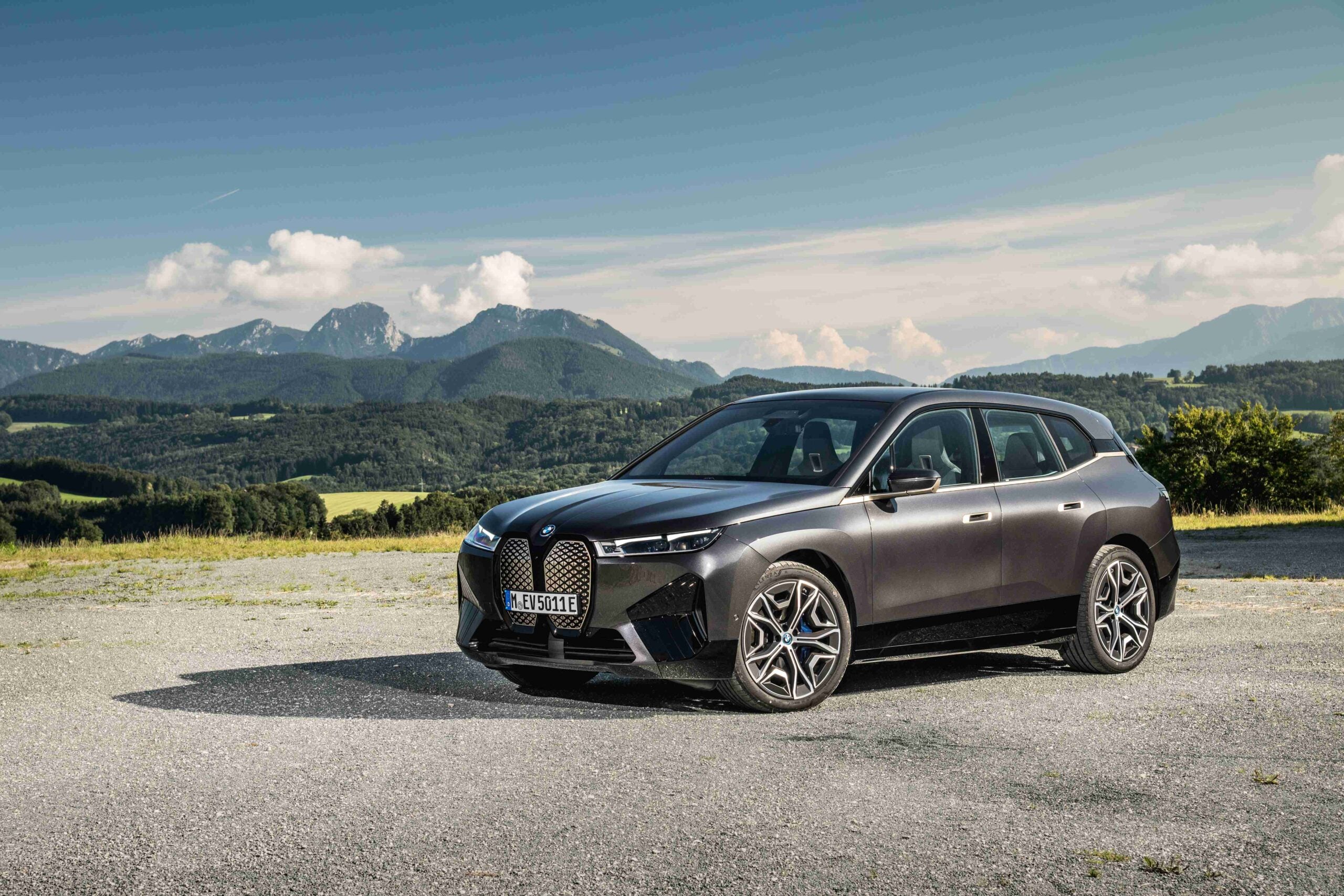
Sales of imported light passenger vehicles in South Korea fell by over 12% to 21,423 units in July 2022 from 24,389 in the same month of last year, according to the Korea Automobile Importers & Distributors Association (KAIDA).
Global vehicle manufacturers continued to struggle with the ongoing shortage of semiconductors with import deliveries falling 11% to 152,432 units year to date (YTD) from 172,146 a year earlier.

Discover B2B Marketing That Performs
Combine business intelligence and editorial excellence to reach engaged professionals across 36 leading media platforms.
Sales by domestic manufacturers fell 10% to 791,020 units YTD.
German owned brands accounted for almost 78% of total import sales YTD, or 118,178 vehicles, with Mercedes-Benz the leading brand albeit with sales down 9% to 44,653 units. Earlier this year the automaker said it planned to launch four new models in 2022, including the C-Class, battery powered EQE sedan, the EQB electric SUV and the AMG EQS 53 4MATIC sedan, as well as upgraded CLS four-door coupe and AMG GT-4 coupe models.
BMW seven month sales increased 2% to 43,042 units, lifted by the launch of the iX1 and iX3 EV SUVs at the end of last year, while Mini sales fell 5% to 6,721.
Volkswagen sales fell 22% to 7,543 units YTD while Audi sales dropped 23% to 10,335 units and Porsche deliveries were down 13% to 5,268 units. The VW group was held back by the global semiconductor shortage and weak EV offering. VW Group Korea said earlier this year planned to launch 22 new and upgraded models in 2022 to help reverse the decline, including the VW ID.4 EV SUV, the Audi Q4 e-tron and the A3 compact along with several Bentley and Lamborghini models.
Volvo seven month sales fell 9% to 8,031 units despite the brand launching the C40 Recharge EV in February, the first of seven battery powered models it plans to launch by 2030.
Lexus sales plunged 38% to 3,651 units YTD with deliveries also disrupted by supply chain shortages. The company introduced the UX300e and NX450h hybrid SUVs in July and said it planned to launch its RZ 450e large SUV ev next year as part of its plans to go all electric by 2035.
Ferrari and Maserati distributor Forza Motors Korea said it expected Ferrari sales this year to exceed last year’s 300 units and be significantly higher than the 100 annual sales just five years ago. The company plans to introduce the Purosangue SUV in September and an Ev in 2025. Maserati sales were down 14% at 400 units YTD.






